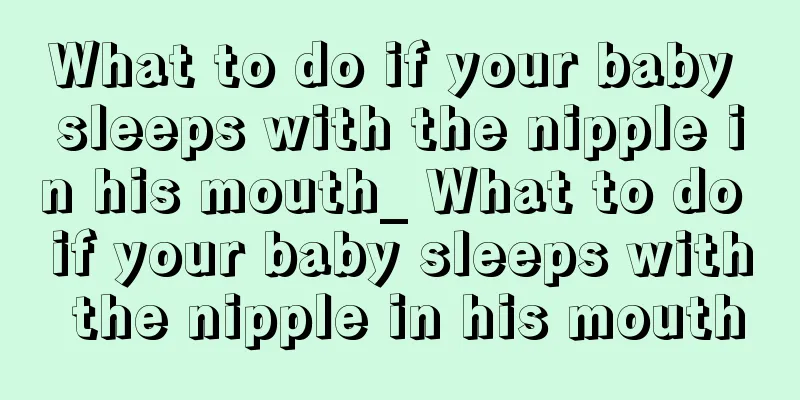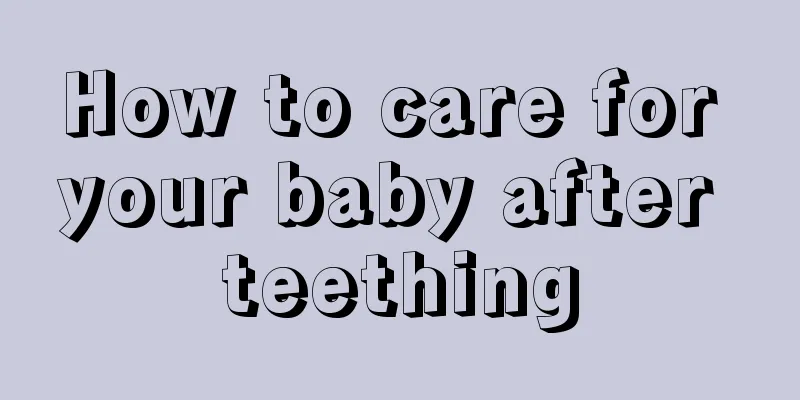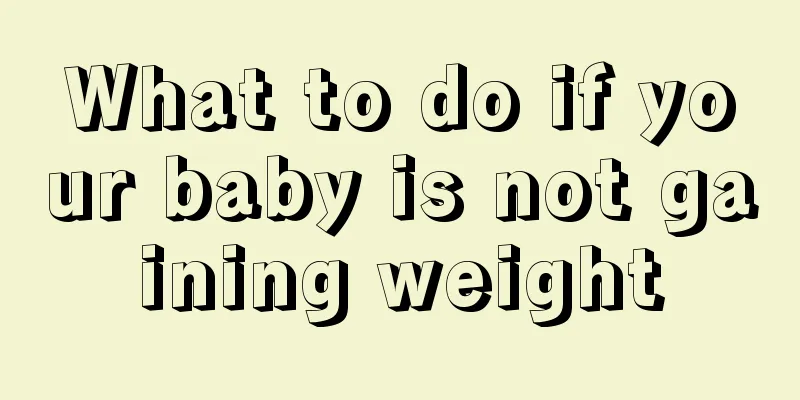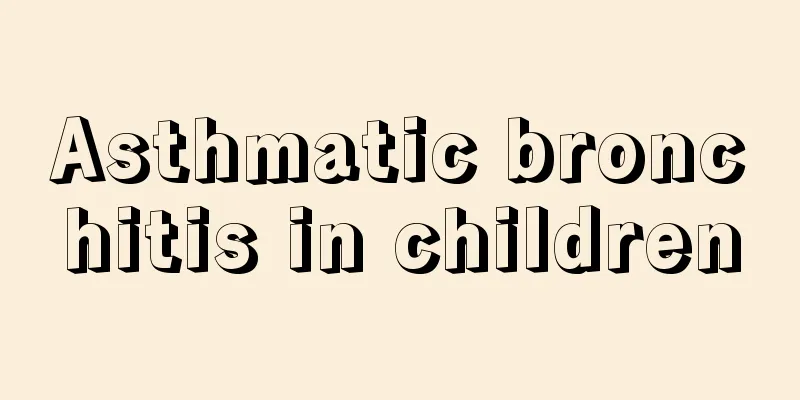What to do if your baby sleeps with the nipple in his mouth_ What to do if your baby sleeps with the nipple in his mouth

|
There are always some problems when feeding a baby. Now many parents think that it is best to let the baby fall asleep after breastfeeding. The baby can fall asleep slowly during breastfeeding, so there is no need to worry about soothing the baby to sleep again. However, this behavior is bad and will only cause some bad reactions in the child. Babies cannot sleep with nipples in their mouths, and they need to be corrected in time through these methods. The sleep time of babies varies from person to person, mothers please pay attention! Don't let your baby sleep on the nipple Baby's sleep time varies from person to person Wu Baoning, deputy chief physician of the child health department of Guangxi Maternal and Child Health Hospital, said that newborns spend most of their time sleeping, with a cumulative sleep time of about 18 to 22 hours a day. As your baby gets older, his sleep time will gradually decrease. Babies aged 2 to 5 months sleep approximately 15 to 18 hours, babies aged 6 to 12 months sleep approximately 14 to 16 hours, and babies aged 1 to 3 years sleep approximately 10 to 12 hours. Of course, different babies have different individual differences and their sleep time will also vary. Wu Baoning said that the current reference value for baby's daily sleep time is set abroad, and the reference value for sleep time has not yet been set in China. According to a 2006 Chinese children's sleep survey, due to regional differences, the average sleep time of children in my country is two hours less than that in other countries. Therefore, the mother does not need to worry about her baby sleeping 13 hours a day. As long as there are no unusual symptoms, it generally will not affect her health. Holding your baby longer can extend his sleep time If parents want their baby to sleep more, they can extend the time they hold the baby. Because sleep is divided into light sleep and deep sleep, generally speaking, children's deep sleep time is shorter, but as they age, the deep sleep time will increase. Some babies fall asleep in their parents' arms. The parents think the babies are asleep and put them down. Then the babies wake up again soon. This is because the babies have not yet entered deep sleep. Therefore, when parents hold their baby to sleep, they can hold the baby for a while longer, allowing the baby to fall into a deep sleep before putting the baby to bed. Don't let your baby sleep on the nipple Another point worth noting is that letting the baby sleep with the mother's nipple is a very bad habit. Wu Baoning said that babies feel very safe when sucking on the nipple, so they can fall asleep easily. But if the baby sleeps with the nipple in his mouth, he will suck milk as soon as he wakes up. This irregular eating method can easily cause gastrointestinal dysfunction and indigestion in the baby. At the same time, if the baby sleeps with the nipple in his mouth, it will affect his breathing, causing breathing difficulties and causing sleep disturbances. Additionally, if breastfed, babies who sleep with the nipple in their mouth are at an increased risk of suffocation. In addition, if the baby sleeps with the nipple in his mouth, it will affect the normal development of the gums or cause tooth decay. |
<<: What are the symptoms of myocarditis in children?
>>: What to do if the baby can't hold the nipple
Recommend
What should I do if my child's hair is falling out?
Children are still in an important stage of growt...
What is the cause of edema after circumcision surgery in children?
When it comes to the foreskin problem, most of ou...
How to treat a 3-year-old child with a fever of 38 degrees
When a 3-year-old child has a fever of 38 degrees...
How to deal with toothache in children
Toothache is a relatively common problem. Especia...
What should I do if my child has a mild concussion?
Babies cannot talk, walk or express themselves ye...
What should I do if my child is overweight?
It is said that having a fat baby is very good, b...
Language training methods for children with cerebral palsy
Cerebral palsy is a common problem among children...
Where is the fetal heart rate for boys?
When a woman becomes pregnant, for the health of b...
Baby head shape corrector
After a newborn is born, parents should prepare a...
What to do if a three-year-old child has a hunchback
When parents are taking care of their children, i...
The dangers of trocars
Children's bodies are not fully developed yet...
Early symptoms of nephritis in children
Children are more susceptible to diseases because...
How should fetal lung cysts be treated?
The pregnancy has been 37 weeks, and the amniotic...
What is the reason for children's big heads? Parents must know
Pregnant women must undergo some necessary examin...
What fruits can babies with pneumonia eat?
Babies suffer from pneumonia mostly due to colds....









